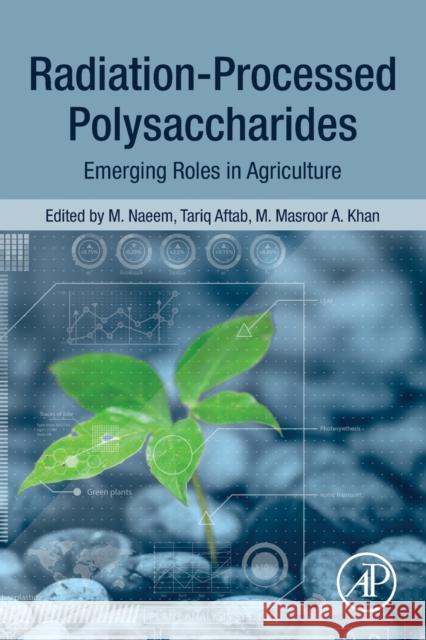Radiation-Processed Polysaccharides: Emerging Roles in Agriculture » książka
topmenu
Radiation-Processed Polysaccharides: Emerging Roles in Agriculture
ISBN-13: 9780323856720 / Angielski / Miękka / 2021 / 396 str.
Kategorie:
Kategorie BISAC:
Wydawca:
Academic Press
Język:
Angielski
ISBN-13:
9780323856720
Rok wydania:
2021
Ilość stron:
396
Waga:
0.52 kg
Wymiary:
22.86 x 15.24 x 2.06
Oprawa:
Miękka
Wolumenów:
01
Dodatkowe informacje:
Bibliografia











